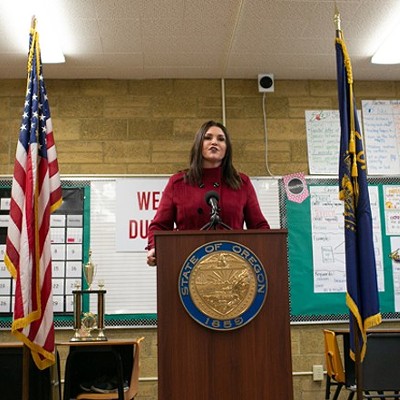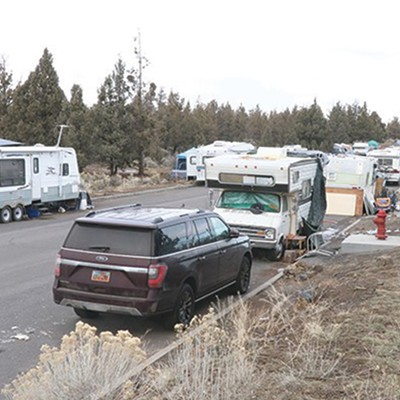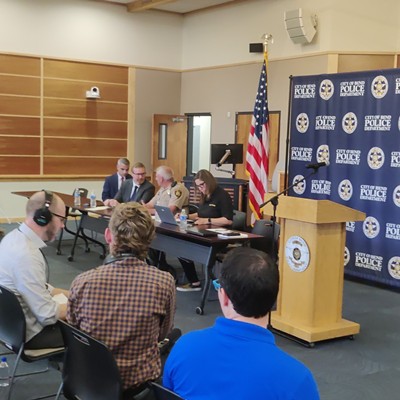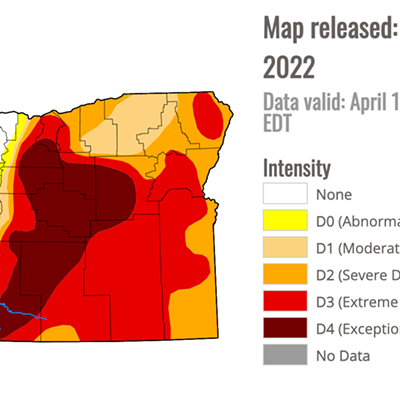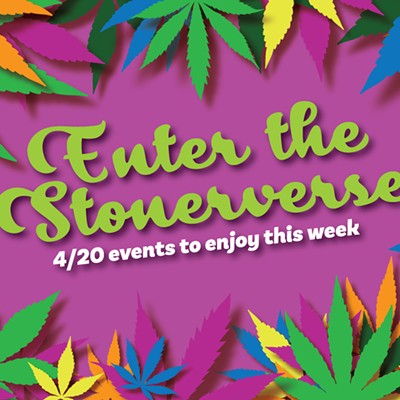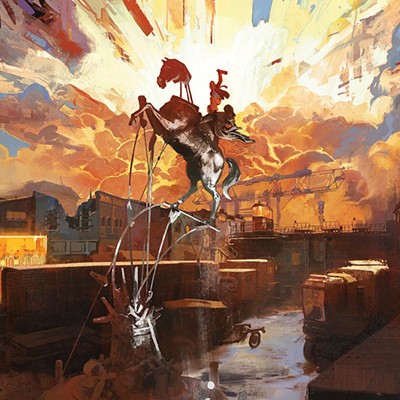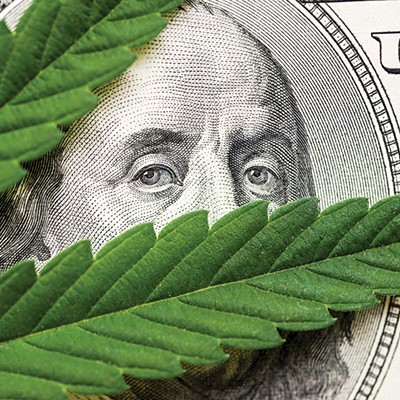The recent national election resulted in some huge steps forward for legal cannabis. California tripled the size of the legal recreational cannabis market in the United States. Massachusetts and Maine brought legal recreational cannabis to the east coast for the first time. Voters in Florida set a record for cannabis approval, with 71 percent saying yes to medical cannabis. And Arkansas made medical cannabis a thing in the heart of the Bible Belt for the first time.
But perhaps the biggest step forward came in Colorado once again. Ahead of Washington, Oregon and California, Denver became the first large city in the country to allow so-called "social" use of cannabis.
Ever since voters in Colorado legalized recreational cannabis back in 2014, residents and local government officials in Denver have noted, sometimes with concern, that the urbanized portions of the city frequently smell strongly of cannabis. This is not only the result of public smoking, but also the now-legal transportation of up to an ounce of smelly bud—the perfect party favor in the Mile High City.
Colorado law prohibits smoking in public. But it also prohibits smoking anywhere tobacco smoking is prohibited, and it gives landlords, hotel operators and local governments the authority to ban smoking as well. There are some "pot-friendly" bed and breakfasts in the Denver area, but the vast majority of hotels ban smoking altogether. The result is that many visitors (and Denver is full of tourists partaking in cannabis these days) have no alternative but to toke up as discreetly as possible in a public place.
Many Denverites are also renters. The vast majority of landlords are fearful of federal civil asset forfeiture laws that allow the government to take their property if it is used to illegally grow or sell cannabis. So the vast majority of Denver citizens who do not own their own home are also technically prohibited from smoking at home. As a result, many of these people also prefer to toke up outside.
Then there are the homeless people. The LoDo neighborhood in the heart of the city features shelters within blocks of stores offering a joint's worth of cannabis for as little as $10. Obviously, folks who live outside smoke outside too.
Then there are the people who are underage. They buy cannabis illegally and come from all over the metro area into downtown to escape to an anonymous urban oasis free of parents. And why take the chance of smoking in your car and getting pulled over when Denver has so many beautiful parks?
In sum, it has become clear to many Denverites that legalization, at least as it was first enacted, has driven cannabis use into public. Following this election, the city-county of Denver will now allow cannabis use at some businesses. Bars, cafes, yoga studios, music venues and other businesses open to the public—but not cannabis stores—can now create cannabis-consumption areas. The law also imposes substantial bureaucratic hurdles in the permitting process, and will expire after four years. In this writer's opinion, that's hopefully just like Drumpf.


